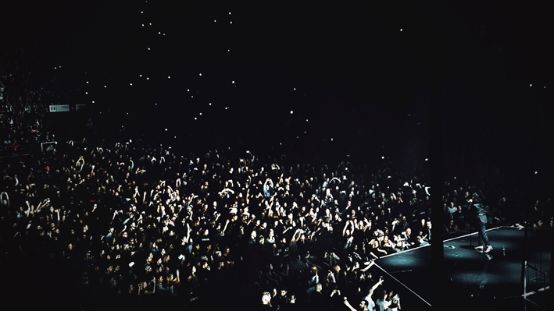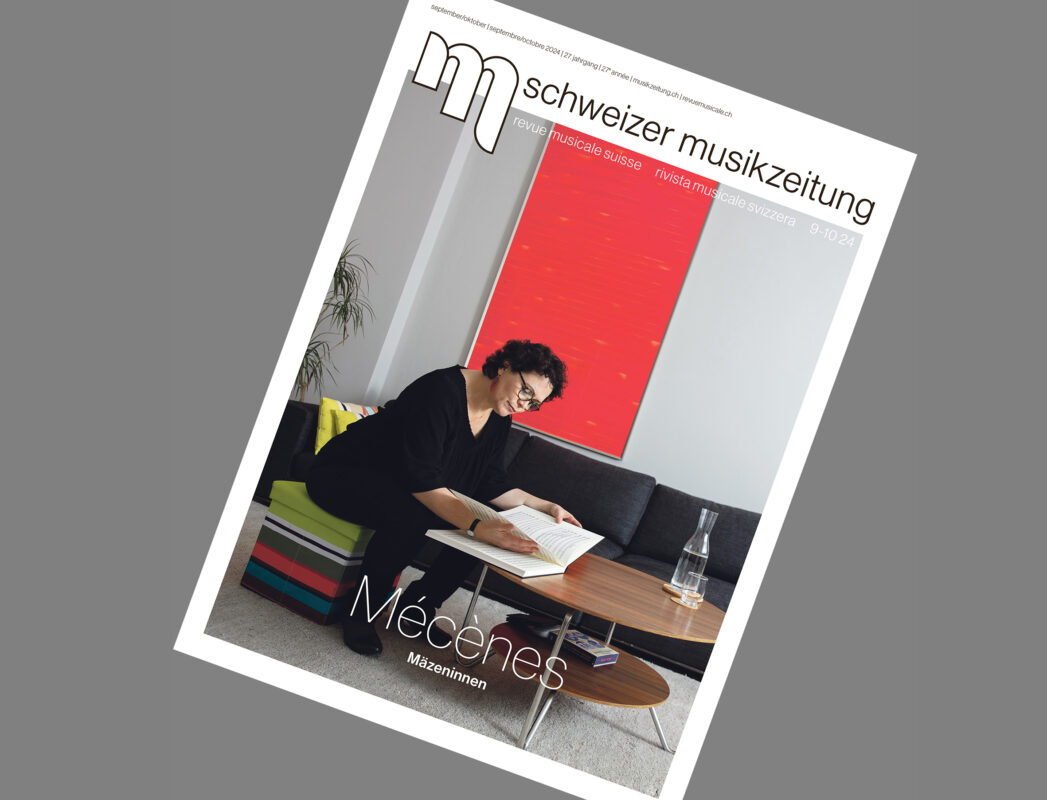Appearance to let wait
The Beatles, Jimi Hendrix, Led Zeppelin, Pink Floyd, Bob Dylan: they all had to go through it. Years of apprenticeship and travel, stepping stones or purgatory - making the audience wait for the star as the support act is an experience that many musicians are familiar with.


The Beatles, Jimi Hendrix, Led Zeppelin, Pink Floyd, Bob Dylan: they all had to go through it. Years of apprenticeship and travel, stepping stones or purgatory - making the audience wait for the star as the support act is an experience that many musicians are familiar with.
The idea of presenting a show with different acts has existed throughout the history of entertainment and in all the arts. The "main course" is garnished to offer the audience more for their money, to "furnish" transitions. This gives artists the opportunity to experiment and deal with short forms. Just think of the intermezzi interspersed in opera performances, which ultimately gave rise to opera buffa, the potpourri concerts of the 19th century, the curtain raisers of Victorian theater or, more recently, variety evenings. Car and horse racing are referred to as undercards, boxing as undercards.
All of this serves to keep the audience waiting and get them in the mood at the same time, to "warm them up" for the main attraction. It keeps costs down for the organizers, who offer beginners a much-noticed platform, but in return pay very little or nothing for their performance. If the performers are not even asked to pay ...
We have compiled a few statements on the subject: "You very often play for free and have to take all your material with you because the main artist won't lend you his, but only gives you five centimetres of the stage," says Pilli, singer and guitarist of the group Labradors, a band that is currently growing out of the alternative scene in Italy. "Sometimes it's humiliating: the stars treat you down, you play in front of an empty hall and the whole thing doesn't help you in any way in the future. If you've also paid for the gig, it's disgusting. Fortunately, we don't have a manager or agency, so we can decide for ourselves who we play for and on what terms. It's always better if you open for a band you like and who turn out to be friendly in person."
Not always a negative experience
"We invited Sen Dog, the rapper from Cypress Hill, to be a guest star on one of our tracks," says Ignacio Millapani, bassist of CardiaC, a well-known hardcore metal band from Geneva. "Sen Dog then promised to put in a word with the production company to get us to open for Cypress Hill at some of their concerts in Europe. And he kept his word. He used his influence with the promoter. This approach is rather unusual, because normally the label places groups it has signed there. Sen Dog used his position to exert pressure. However, as we were performing as an independent band, we also had to take care of the logistics of our material on our own, accept large fluctuations in the fee - and always remain grateful to the good star who had given us this opportunity. Nevertheless, it was a very interesting and useful experience: when you play in front of 3000 people, you pay attention to every little detail, which results in a leap in quality. And you learn how to deal with the technical set-up of large stages. The sound engineers there are in a completely different league, so you can look forward to a brilliant sound. And finally, it's a really good school to play in front of an audience that doesn't want to hear you, but that you have to warm up. It makes you really give it your all."
"I've been lucky in my experiences with opening gigs: bandleaders and conductors such as Eddie Gomez and Giovanni Sollima have given me their ensembles to try out my compositions as a prelude to their concerts," reports Maurizio Berti, drummer, pianist and composer. "I opened for very condescending stars of Italian pop who had themselves flown in by helicopter. A lot of people in this circus give you a hard time, some are really disgusting; we all know that in this profession. The important thing is what you get out of it in the end: the purely musical benefit, the contact you can build up with the artists and what you learn from them.
On that note, I'd like to share what I experienced opening for Jason Rebello. I hold him in high regard and performing in front of him intimidated me. He's been on stage with Sting, Jeff Beck and all the greats. I wanted to start the concert on the piano, with a trio and play almost exclusively my own compositions. We were eating before the performance and I wasn't feeling well at all. I wasn't sure if I had prepared myself properly. I fled the restaurant and started doing exercises in the theater that you do to warm up before a performance - like a student who quickly copies someone's assignments in the morning before class. Suddenly people come in. I stop and pretend I'm preparing my notes. Jason Rebello comes up to me and takes me aside. He had realized what was going on inside me. He says to me: 'Why did you stop? I liked it. You shouldn't be embarrassed to play your own music. And you shouldn't be afraid of doing something wrong. We chose this profession because we love it and because it takes us further. Why else? I used to worry about whether I was prepared enough, until I realized that it wasn't so important, that it actually distracted me. You haven't practiced enough? It will be better tomorrow and even better in a few weeks. But now you have to perform. If you make mistakes, it doesn't matter. Hardly anyone will notice. And sometimes mistakes open doors to something new and interesting. So just play, enjoy it and be happy!"









